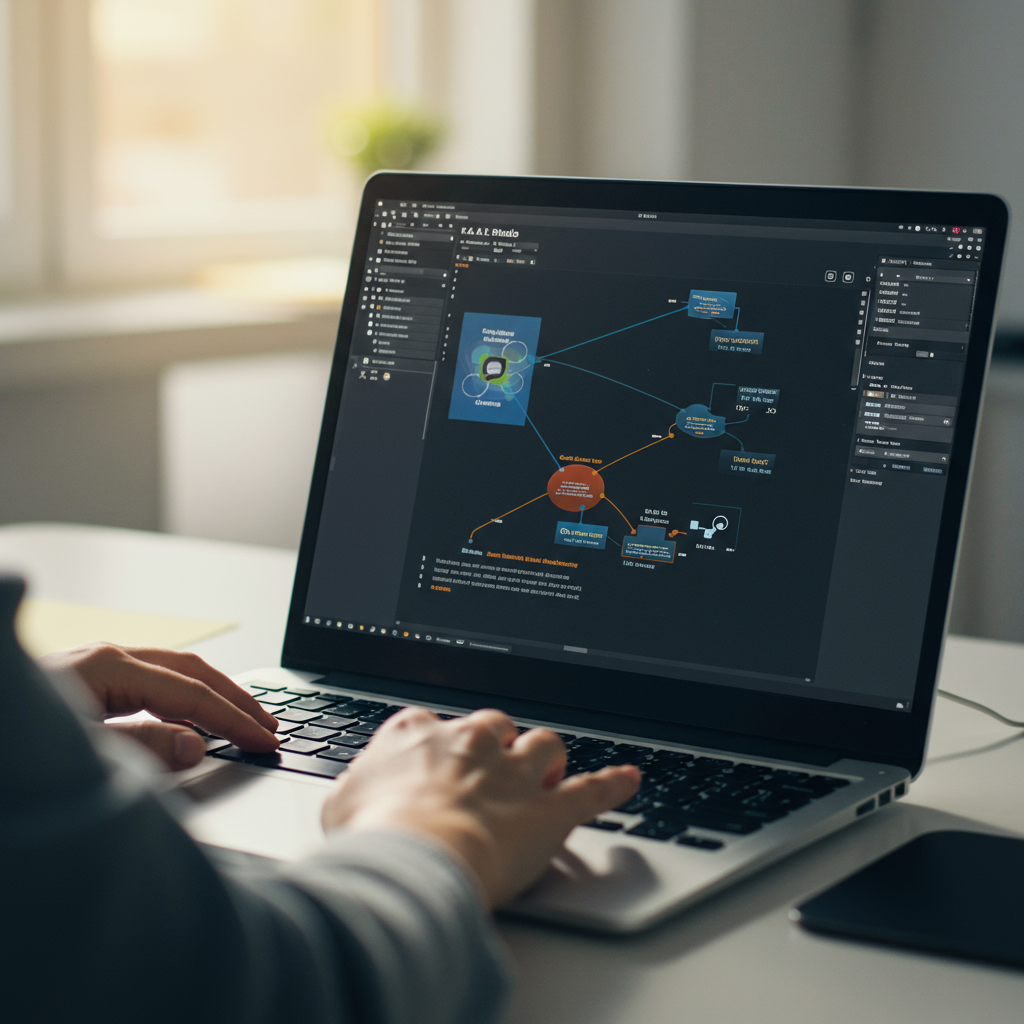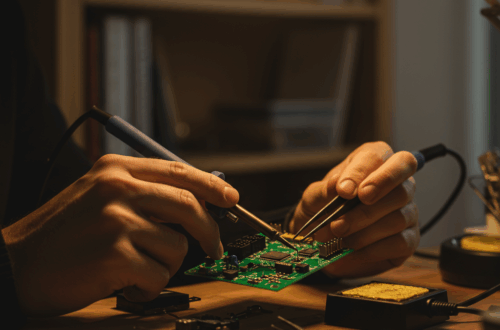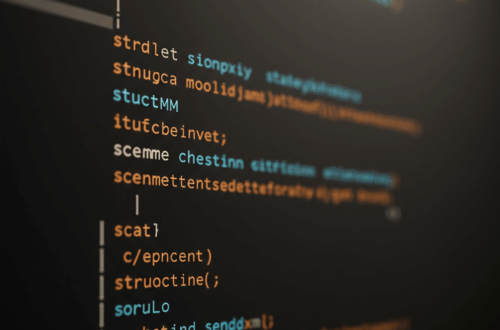Tired of renting AI agents? K.A.I.T. Studio offers a fresh perspective: ownership. This new IDE lets you build, manage, and own your stateful AI agents, giving you more control and flexibility.
What is K.A.I.T. Studio?
K.A.I.T. Studio is an integrated development environment specifically designed for creating and managing stateful AI agents. Stateful agents, unlike their stateless counterparts, can remember past interactions and use this memory to inform future decisions. This makes them much more powerful for complex tasks.
Why Stateful Agents Matter
Imagine an AI chatbot that remembers your past conversations and preferences. Or a virtual assistant that learns your routines and anticipates your needs. This is the power of stateful agents. They provide a more personalized and efficient experience compared to traditional AI.
The Benefits of Ownership
With K.A.I.T. Studio, you’re not just renting AI capabilities; you’re building and owning your agents. This means you have complete control over their development, customization, and deployment. You can tailor them to your specific needs and integrate them seamlessly into your projects.
- Control: Manage your agents’ development and deployment.
- Customization: Tailor agents to your specific requirements.
- Integration: Seamlessly embed agents into your projects.
- Ownership: Retain full control over your AI assets.
Getting Started with K.A.I.T. Studio
K.A.I.T. Studio is currently available on GitHub. While the project is still under development, it offers exciting possibilities for developers looking to explore the potential of stateful AI agents. The GitHub repository provides documentation and resources to help you get started.
Check out the K.A.I.T. Studio GitHub repository here: https://github.com/HeeKAIT/K.A.I.T.-Studio
The Future of Stateful AI
K.A.I.T. Studio represents an important step towards making stateful AI more accessible and empowering developers to create truly intelligent and personalized experiences. This project has the potential to significantly impact how we interact with technology in the future.






